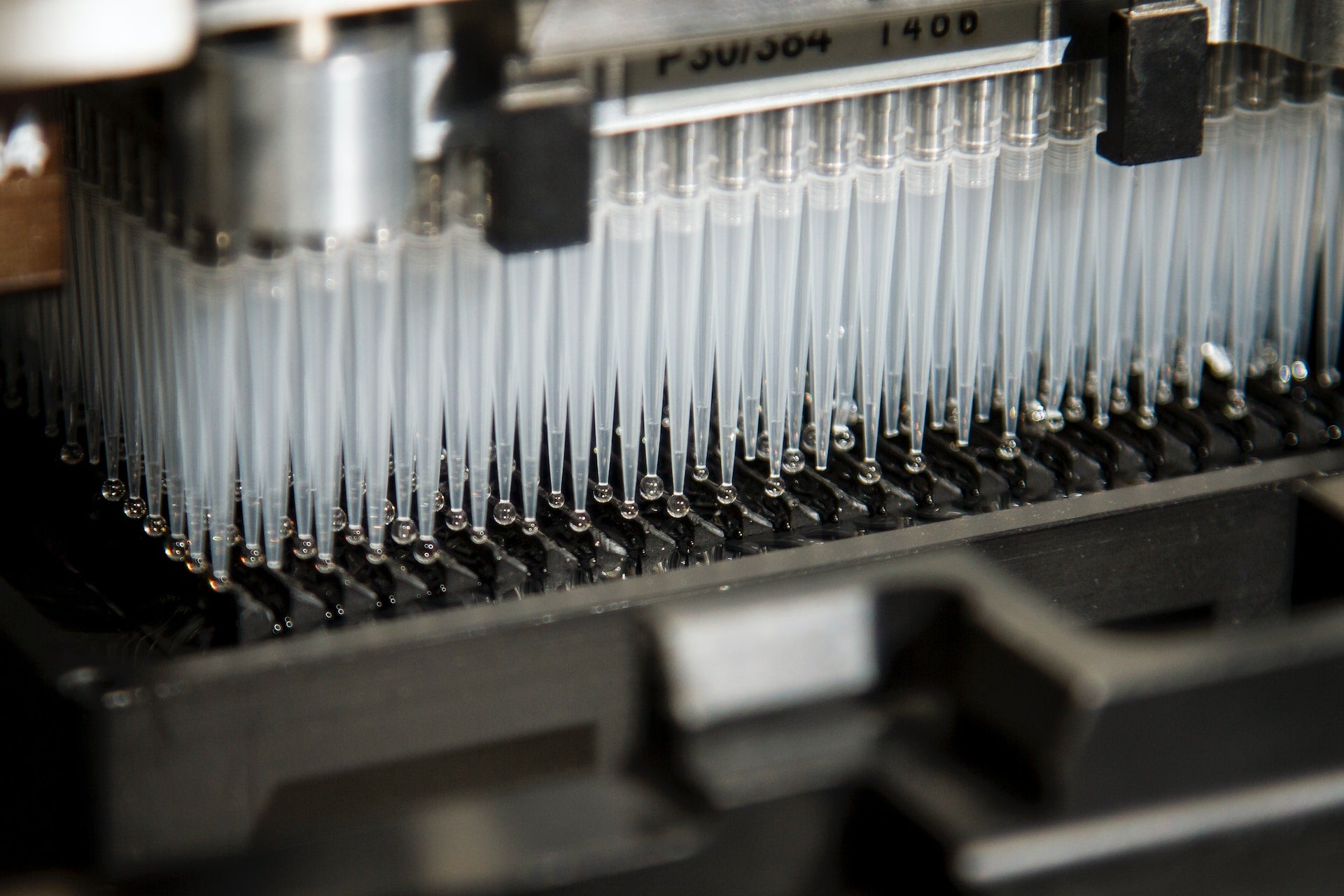
A team of researchers has developed tiny syringes to directly inject protein payloads into human cells for use in gene and cancer therapy.
The research was published by British weekly scientific journal, Nature, on 29 March.
The new molecular syringe has been developed using AlphaFold, an artificial intelligence (AI) system developed by DeepMind, a subsidiary of Google’s parent company Alphabet.
Launched in 2021, AlphaFold is designed to predict three-dimensional structures of protein.
The team tested ‘syringe-like macromolecular complexes’ that were present in Photorhabdus asymbiotica. This bacteria species is mainly responsible for infecting ‘nematodes’ or roundworms.
In previous studies, researchers tested these tiny syringes on mice and in the dishes.
How well do you really know your competitors?
Access the most comprehensive Company Profiles on the market, powered by GlobalData. Save hours of research. Gain competitive edge.

Thank you!
Your download email will arrive shortly
Not ready to buy yet? Download a free sample
We are confident about the unique quality of our Company Profiles. However, we want you to make the most beneficial decision for your business, so we offer a free sample that you can download by submitting the below form
By GlobalDataHowever, in the latest research the team further modified this syringe-like complex as a protein delivery device for targeting human cells, with the possibility of applications in gene therapy, biocontrol and cancer therapy.
To assess this possibility, according to a Live Science article, the team loaded the syringe’s hollow ‘needle’ with proteins of their choice and then used DeepMind’s AI programme to explore the activity of syringes on insect cells to further use them for human cells.
AlphaFold then helped the team to specifically study the structure of landing gear or the part that makes first contact with the target cell of the syringe.
The final structure was then altered by the team to help it specifically latch on the surface proteins of human cells.
AlphaFold has replaced the conventional microscopy techniques and crystallography that the team would have used to conduct this analysis, one of the seven researchers and a doctoral student at McGovern Institute for Brain Research, MIT Joseph Kreitz told Live Science.







